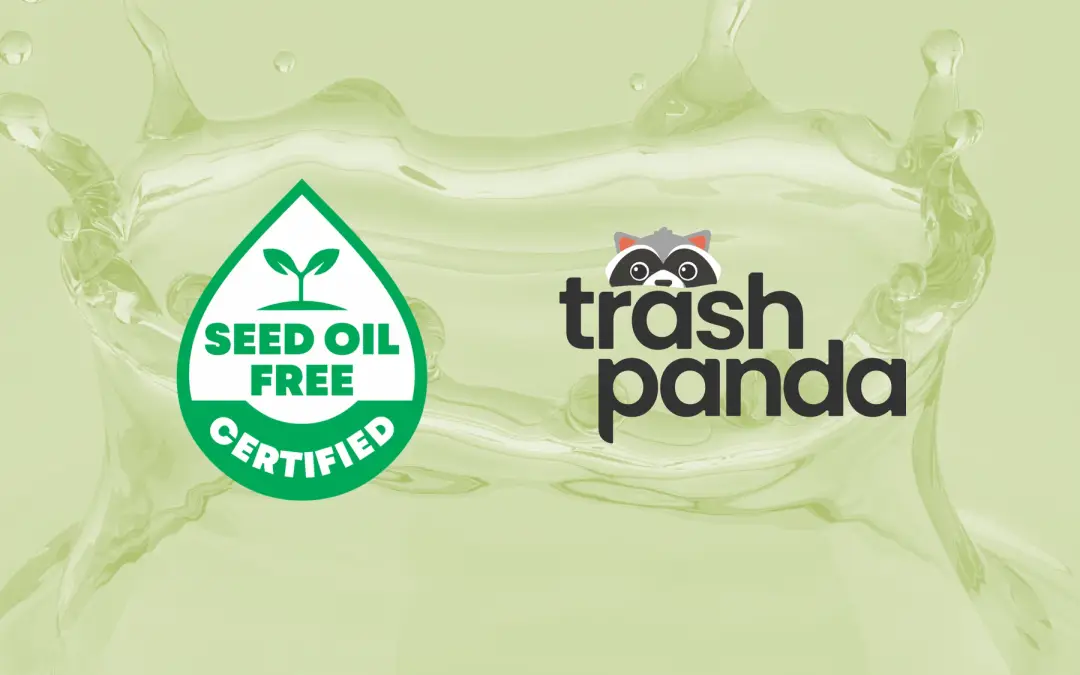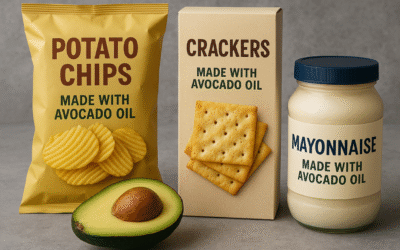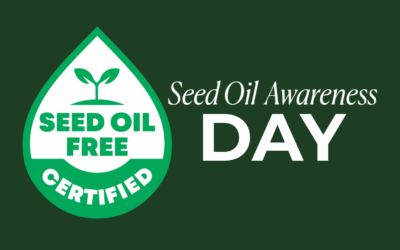If you’ve started paying attention to seed oils in your food, you’re not alone. Shoppers have good reason to check labels and ask tough questions about what’s really in their food.
But here’s the challenge: even if a product claims to be “made with avocado oil” or seed-oil-free, how do you know it’s true? Some brands use marketing language without any third-party verification, and “pure” premium oils are vulnerable targets for adulteration with cheaper seed oils. While Trash Panda flags seed oils, Seed Oil Free Certified ensures that the product goes through rigorous standards, third-party verification and lab testing for purity.
That’s why we’re excited to bring you this Seed Oil Free Certified® shopping list on Trash Panda, featuring products vetted and verified to meet the world’s most rigorous standard for avoiding seed oils:
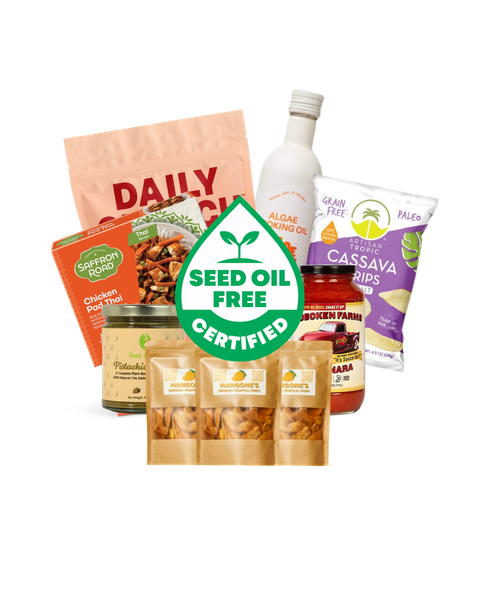
Key Takeaways
- Seed oils are widely used and often hidden in processed foods. Many everyday products contain oils like canola, soybean, sunflower, or corn, even if the label suggests otherwise.
- Marketing claims aren’t always trustworthy. Products labeled “seed-oil-free” or “made with avocado oil” are not always what they seem, as some brands lack third-party verification or use adulterated oils.
- Certification ensures confidence. The Seed Oil Free Certified® program audits ingredients, tests oils for purity, and uses expert review that delivers a higher level of assurance than typical brand claims.
- Trash Panda makes seed oil–free shopping easy. With the app and curated list, you can quickly identify and buy foods that truly meet the strictest seed oil–free standards.
What Are Seed Oils?
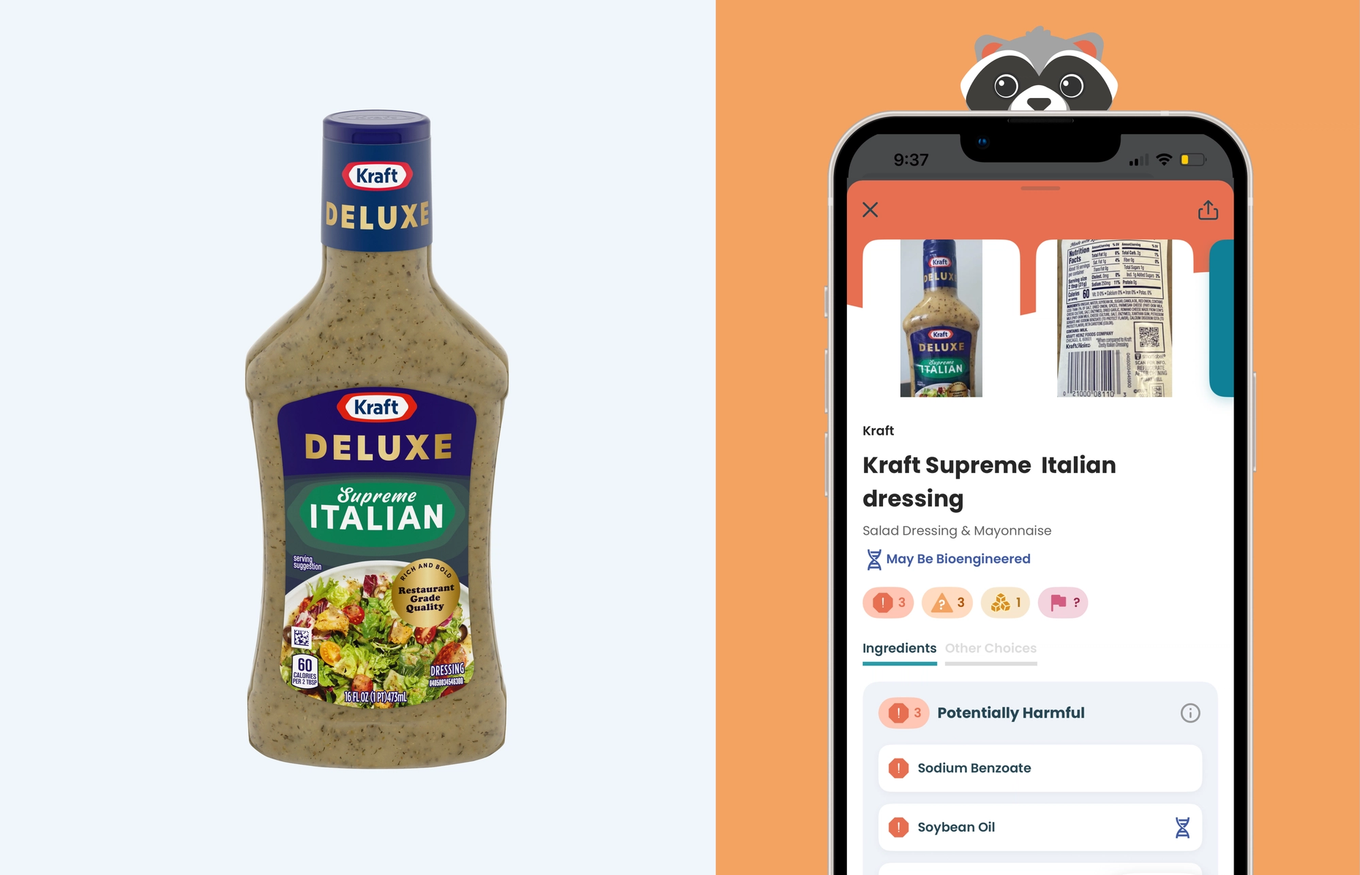
The most common seed oils in the food supply today are highly refined soybean oil, sunflower oil, corn oil, canola oil, cottonseed oil, safflower oil, grapeseed oil, and rice bran oil. These oils require modern industrial processes that use high pressure, high heat, and chemical solvents to extract edible fats from seed crops. Unfortunately, the refining process can break down fragile polyunsaturated fats and strip away natural antioxidants found in seed oils. As a result, highly refined seed oils contain harmful oxidation byproducts that have been linked with negative health effects when consumed.
These negative health effects are why the Trash Panda app flags seed oils, so you’ll know when they’re hidden in your food and can choose to avoid them.
Why Are People Avoiding Seed Oils?
Today, about 20% of the average American’s calories come from highly refined seed oils, particularly soybean, sunflower, corn, and canola oils. This shift has driven a rise in omega-6 linoleic acid (LA) intake from about 1–2% of calories (historically considered optimal) to 6–10% or more. Excess linoleic acid accumulates in tissues and cell membranes, where it is prone to oxidation and has been linked to inflammation, obesity, and other chronic health problems.
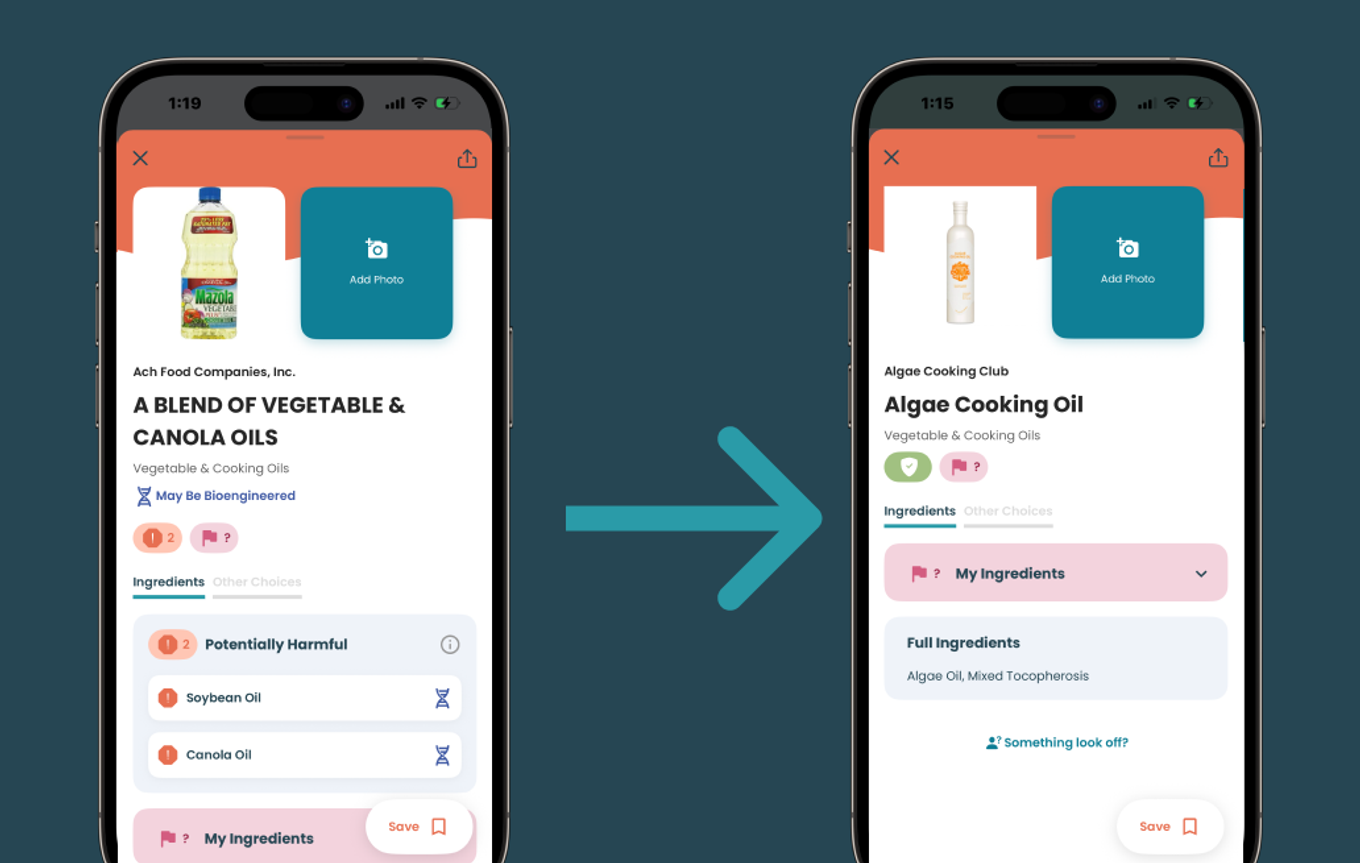
Many people are choosing to avoid seed oils to rebalance their fat intake, reduce harmful byproducts formed during cooking and heating, and make space for more nutrient-rich foods.
High in Omega-6 Fatty Acids: Seed oils are extremely high in omega-6 polyunsaturated fatty acids (PUFAs). While small amounts are essential, most modern diets deliver 10–15 times more omega-6 than omega-3, a ratio associated in research with inflammation and other health risks.
Unstable When Heated: Because of their high PUFA content, seed oils oxidize easily when exposed to heat, light, and air. Cooking or frying with these oils can generate harmful oxidation products, which may be linked to oxidative stress in the body.
Low Nutritional Value: Unlike traditional fats like butter, tallow, or extra virgin olive oil (EVOO), seed oils contribute little beyond omega-6 and calories — with most of their natural nutrients stripped during processing. Alternatives like EVOO are rich in antioxidants and polyphenols, while animal fats provide heat stability and fat-soluble vitamins.
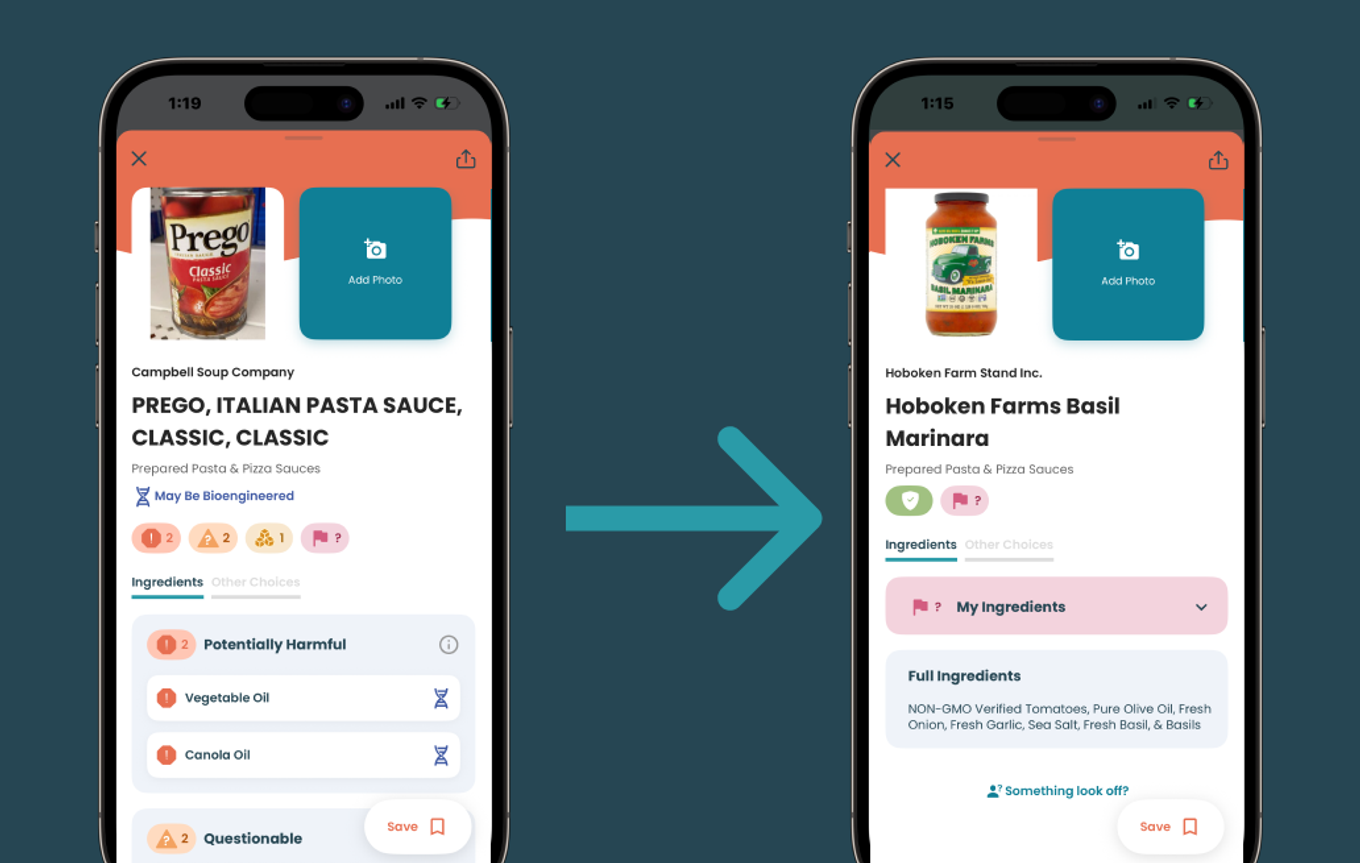
Many people are choosing to avoid seed oils to rebalance their fat intake, reduce harmful byproducts formed during cooking and heating, and make space for more nutrient-rich foods.
- High in Omega-6 Fatty Acids: Seed oils are extremely high in omega-6 polyunsaturated fatty acids (PUFAs). While small amounts are essential, most modern diets deliver 10–15 times more omega-6 than omega-3, a ratio associated in research with inflammation and other health risks.
- Unstable When Heated: Because of their high PUFA content, seed oils oxidize easily when exposed to heat, light, and air. Cooking or frying with these oils can generate harmful oxidation products, which may be linked to oxidative stress in the body.
- Low Nutritional Value: Unlike traditional fats like butter, tallow, or extra virgin olive oil (EVOO), seed oils contribute little beyond omega-6 and calories — with most of their natural nutrients stripped during processing. Alternatives like EVOO are rich in antioxidants and polyphenols, while animal fats provide heat stability and fat-soluble vitamins.
Why the Certification Matters
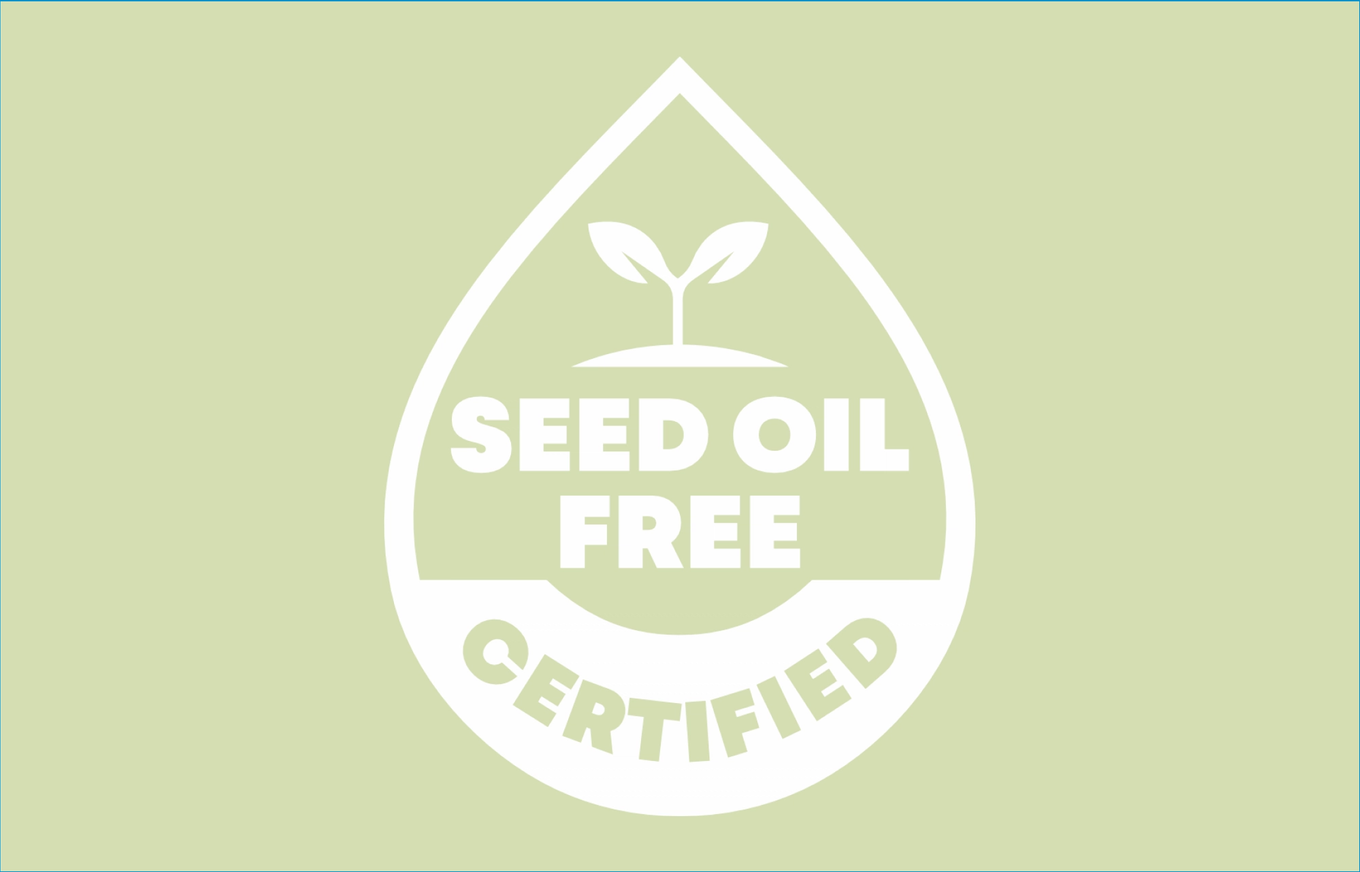
Even when brands make “seed-oil-free” claims, it can be hard to know if they’re accurate. A UC Davis study found that up to 70% of private-label avocado oils sold in the U.S. were rancid or mixed with cheaper oils.
The Seed Oil Free Certified® seal, created by the independent Seed Oil Free Alliance, ensures consumers can trust the claim.
Here’s what sets it apart:
✅ The Alliance audits all product ingredients — even complex sub-ingredients — for hidden seed oils.
✅ Added oils and refined fats are independently lab-tested for purity, addressing the known problem of adulteration.
✅ The standard is backed by an advisory panel of public health and nutrition experts, led by Dr. Andrew Weil.
This level of documentation, auditing, and laboratory testing goes far beyond the typical self-declared claims many brands rely on.
Shop With Confidence
Looking for smarter food choices? Download the Trash Panda app to scan labels and reveal what’s really inside your food. We make it easy to find Seed Oil Free Certified® products!
You can also explore the full Seed Oil Free Certified® Product Finder on our website.
And for those who want to learn more about the history of seed oils, here’s a deeper dive:

